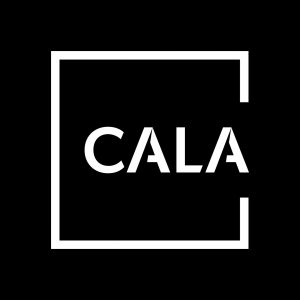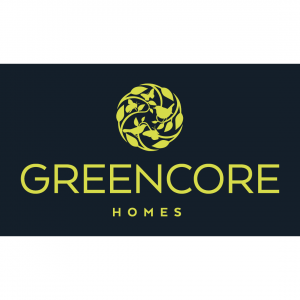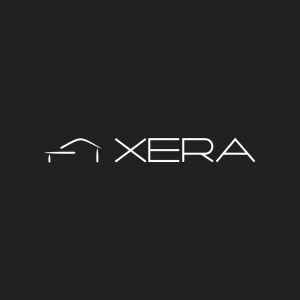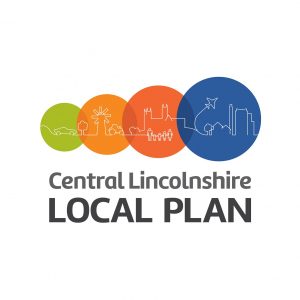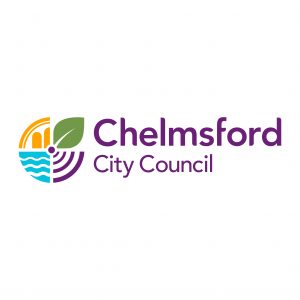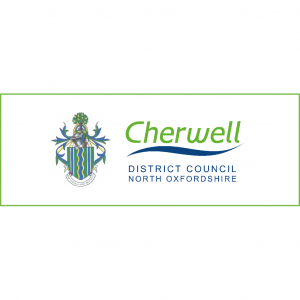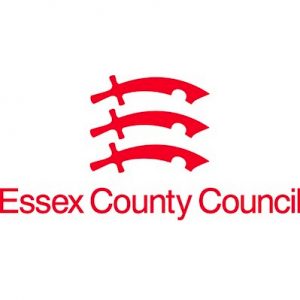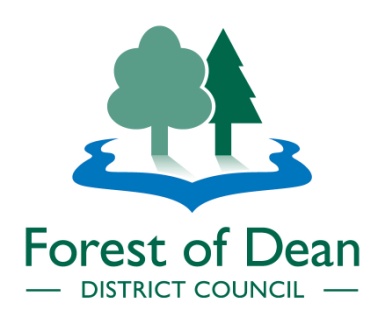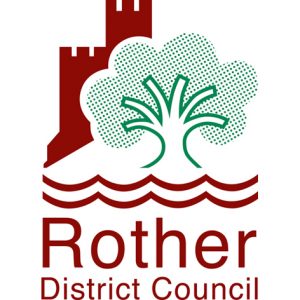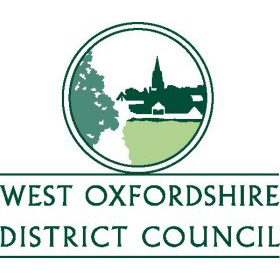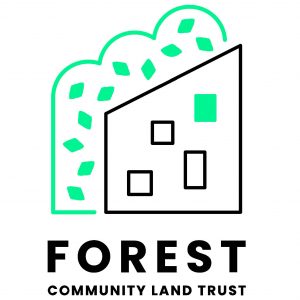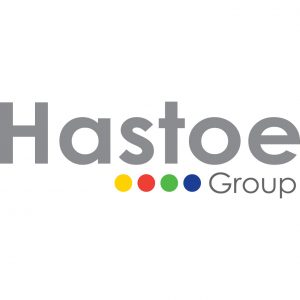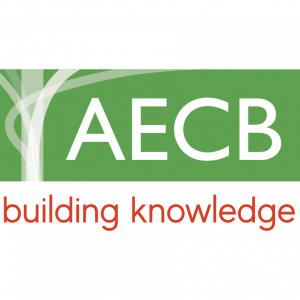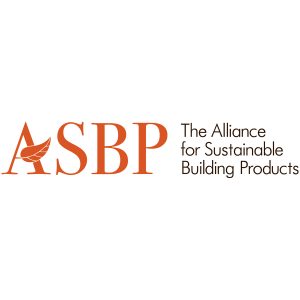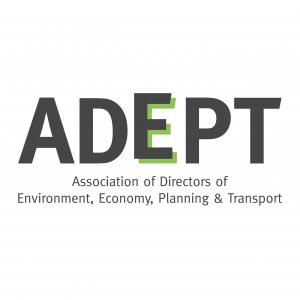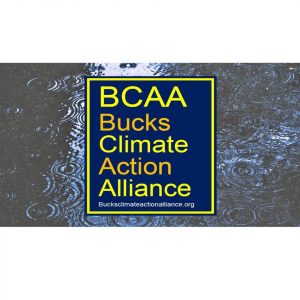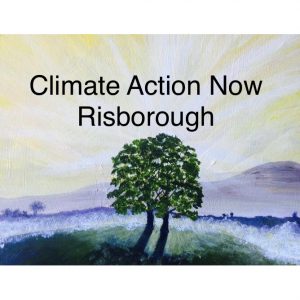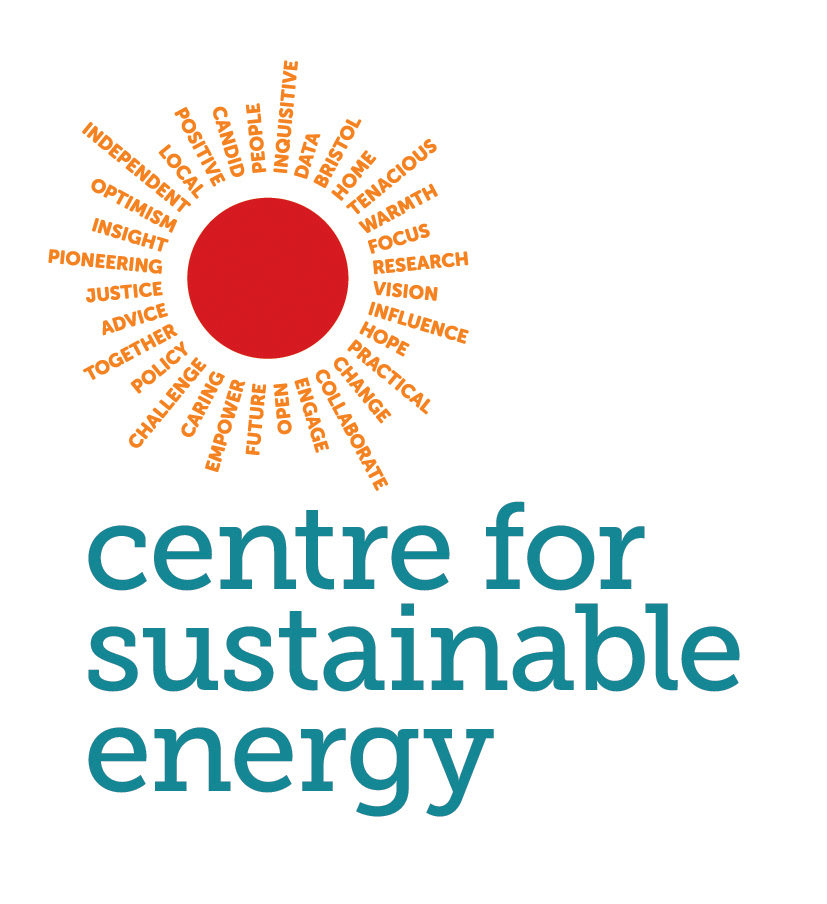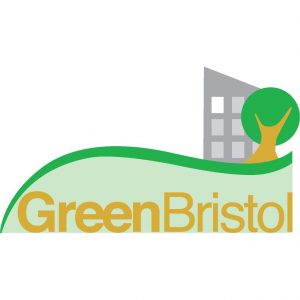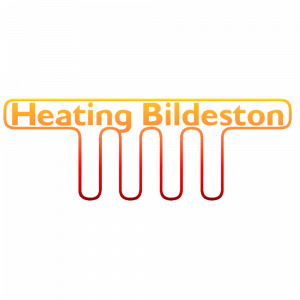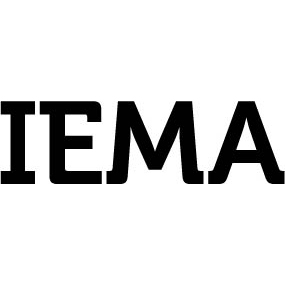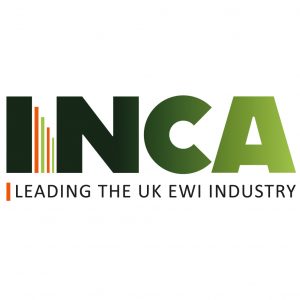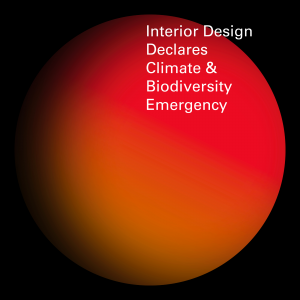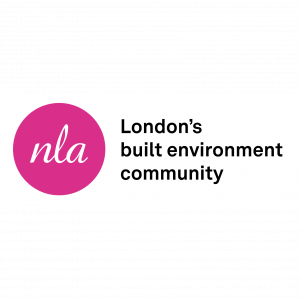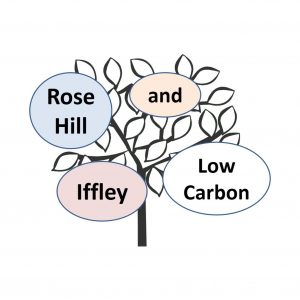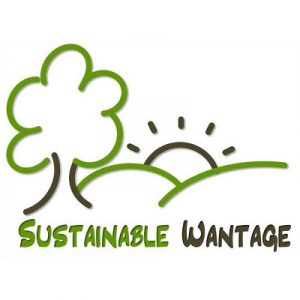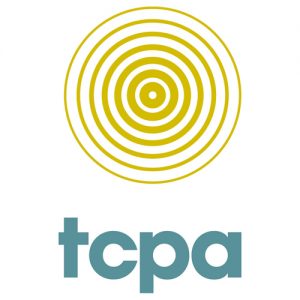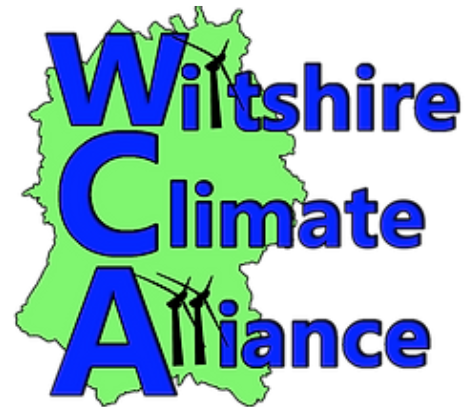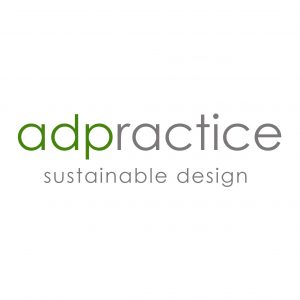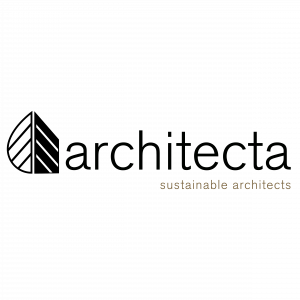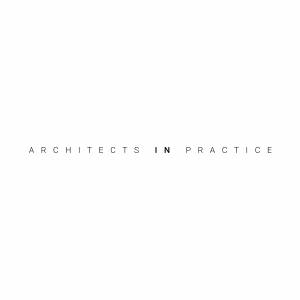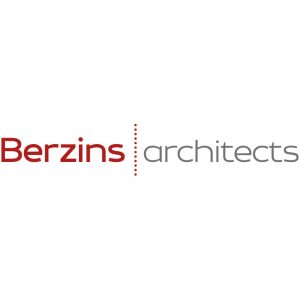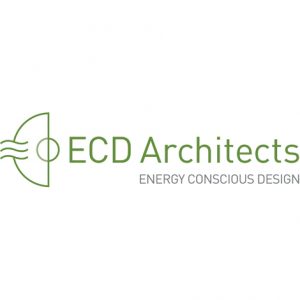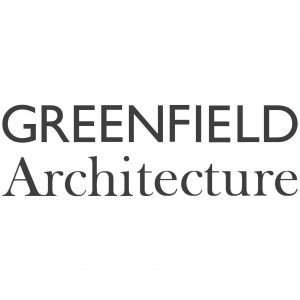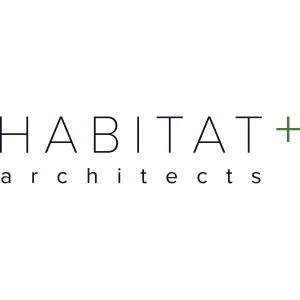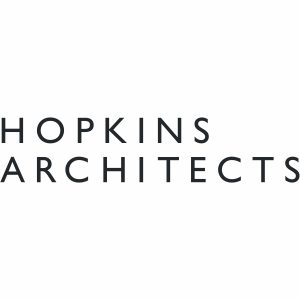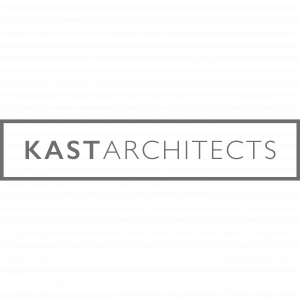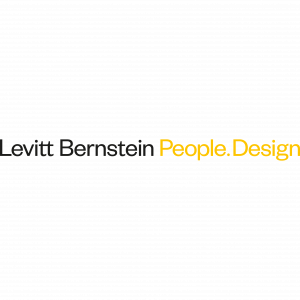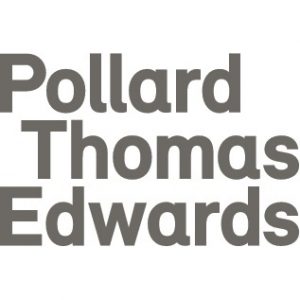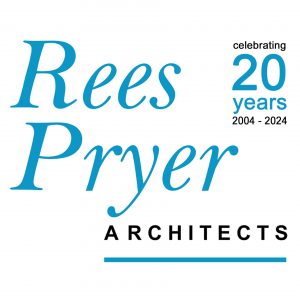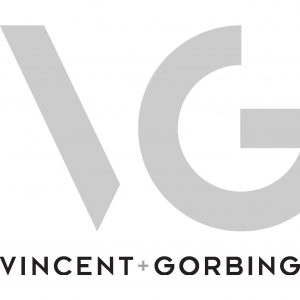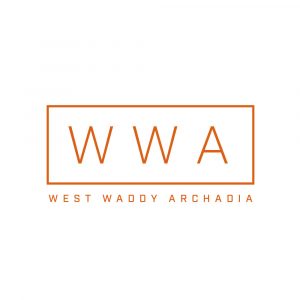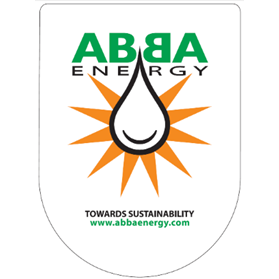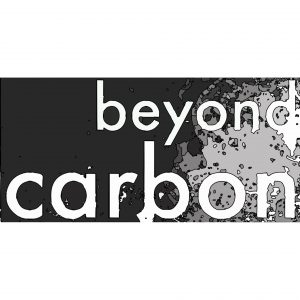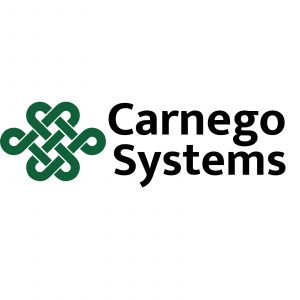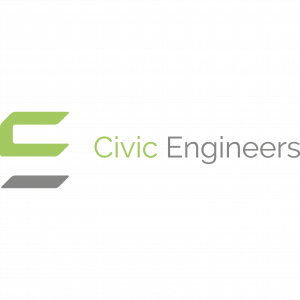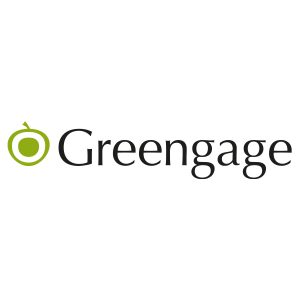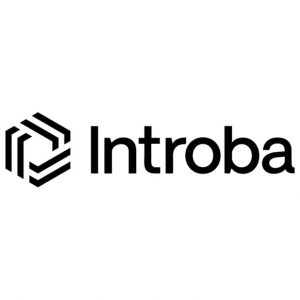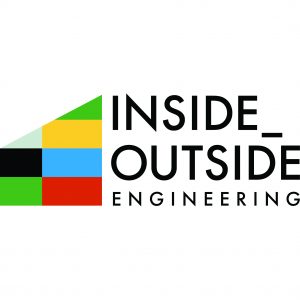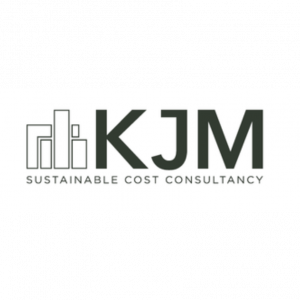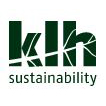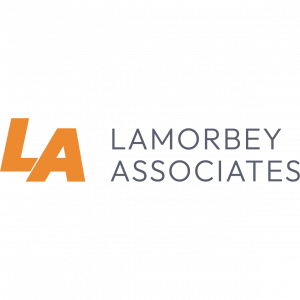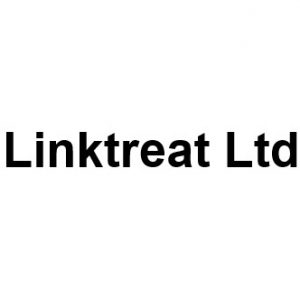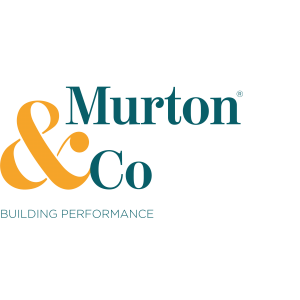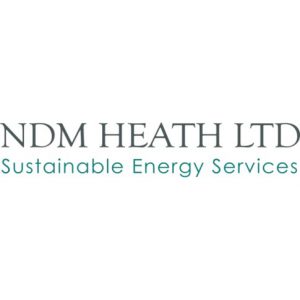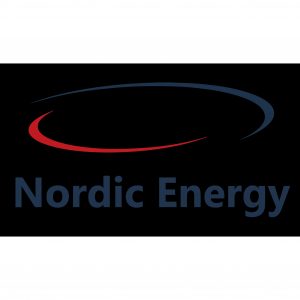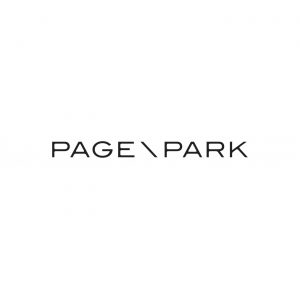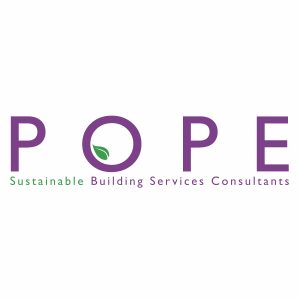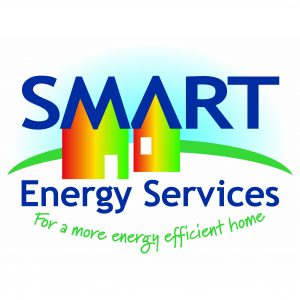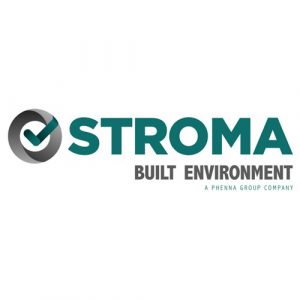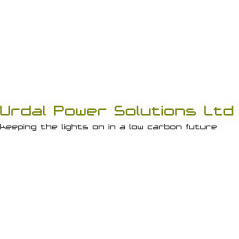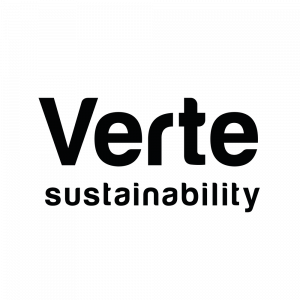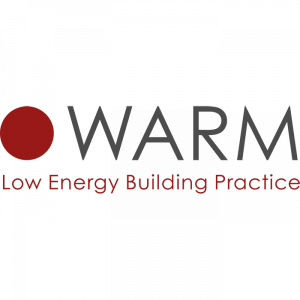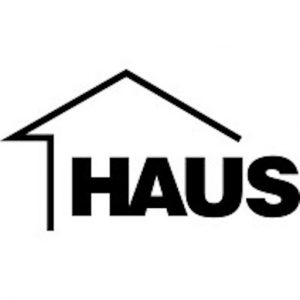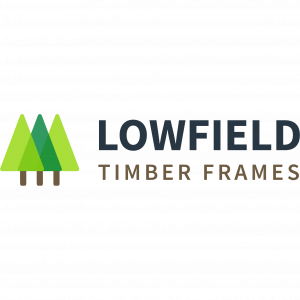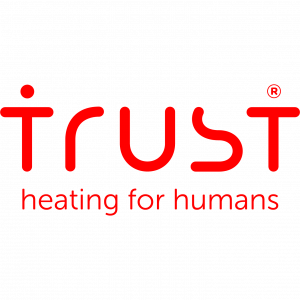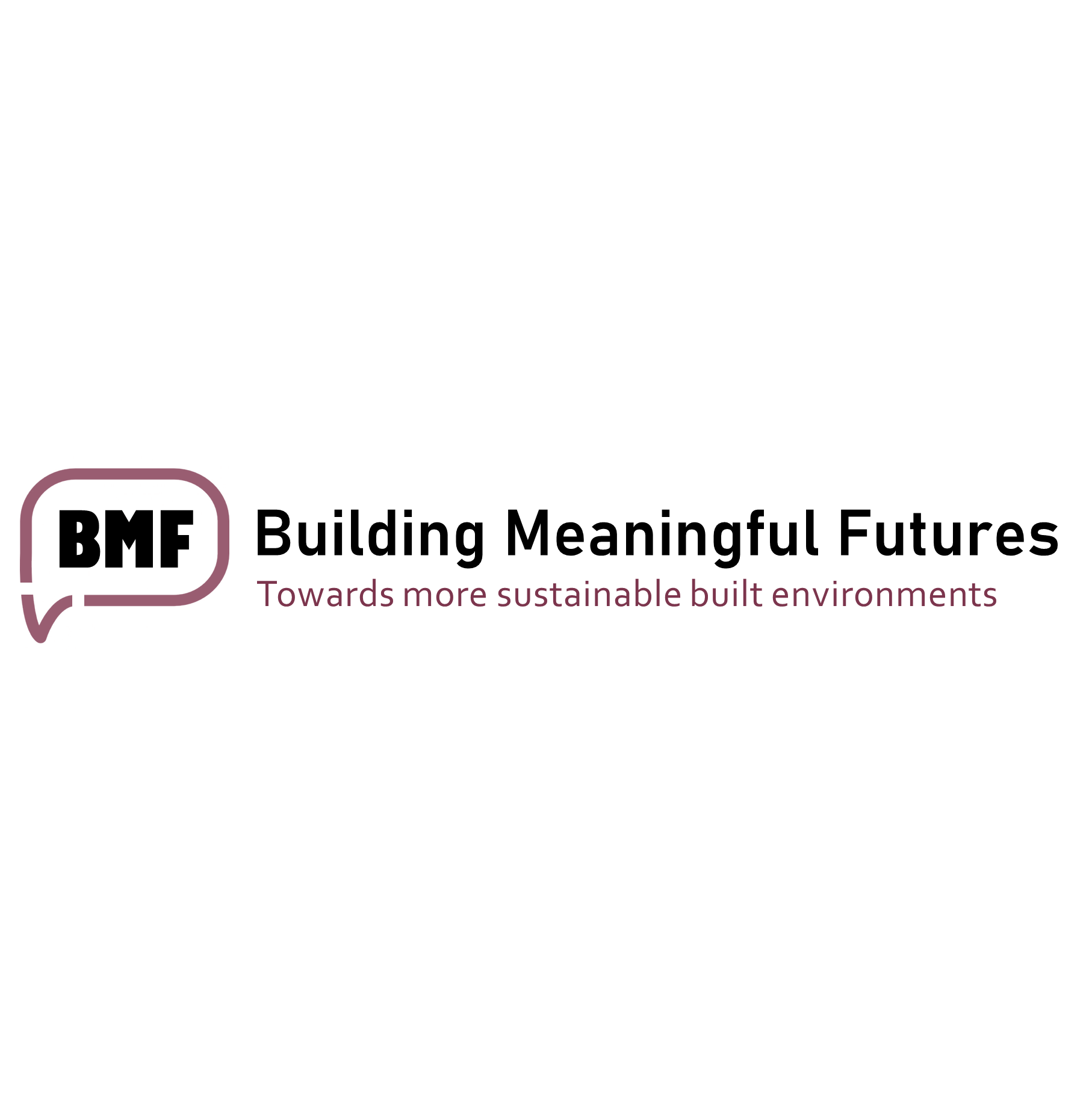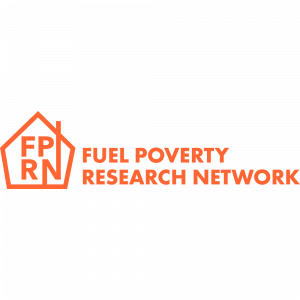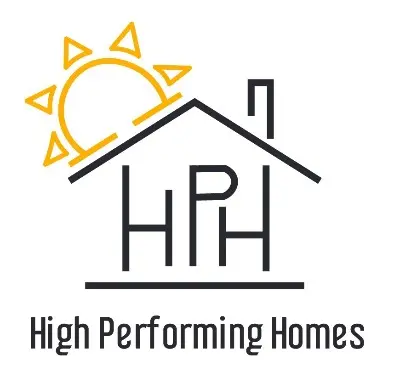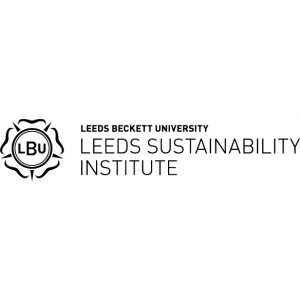Future Homes Standard Consultation Response
We need a clear, strong, industry-backed proposal for a better Future Homes Standard.
In response to the government consultation on the Future Homes standard and the Home Energy Model; Bioregional and Good Homes Alliance, alongside other expert, industry-leading organisations including LETI and the UK Green Building Council have sent a letter to DLUHC and DESNZ, with evidenced proposals for a better standard.
Neither of the Future Homes Standard consultation options go far enough in addressing the urgent need for change to meet our climate commitments, or the healthy homes with low bills that we need. 250 prominent industry organisations joined us in signing our letter in response. The letter is an opportunity to advocate for positive change with one strong, clear proposal.
The links to the consultations can be seen here: https://www.gov.uk/government/consultations/the-future-homes-and-buildings-standards-2023-consultation. We have encouraged organisations to submit their own responses. The deadline for responses is Wednesday 27th March 2024.
The Town and Country Planning Assocation has issued a a joint letter to the Secretary of State regarding the 13 December Written Ministerial Statement. Find out more here: https://www.tcpa.org.uk/joint-letter-to-the-secretary-of-state-regarding-the-13-december-written-ministerial-statement/
Update: October 2024
On 17th October 2024 a group of organisations, including the authoring organisations of this letter (Bioregional, Good Homes Alliance, LETI, and UKGBC) met with Baroness Taylor, Parliamentary under-secretary of state at MHCLG, to discuss the concerns. Following this meeting, the coalition has sent a follow up letter clarifying key points and asking for a formal response.
On 16th July 2024 this letter was forwarded to members of the newly formed labour government with a letter of context. It was sent to the following ministers:
- Angela Rayner, Secretary of State and Deputy Prime Minister
- Matthew Pennycook, Minister of State for Housing
- Ed Miliband, Secretary of State for Energy and Net Zero
- Rachel Reeves, Chancellor of the Exchequer
___
Wednesday 27th March 2024
Dear Secretary of State,
Re: Future Homes and Building Standard (FHS) and Home Energy Model (HEM) consultations
As leading businesses and organisations involved in delivering new homes and buildings to high sustainability standards, we are writing with our view on the FHS and HEM consultations. We would like to meet you to discuss the consultations and are available to provide further information in addition to our organisational responses.
We support the following elements of the proposals which should be implemented without delay. We welcome the end of fossil fuel heating and commitment to electric heating. We support integrated on-site renewables for new homes, and the extension of energy efficiency measures for dwellings created under material change of use. We welcome the proposed HEM as a replacement for SAP.
However, this is not a definitive Future Homes Standard, but rather a positive step towards it. Many of us involved in the development of the Future Homes Hub’s (FHH) five contender specifications[i] (CSP) are disappointed that the two weakest options are being consulted upon. We request a further iteration of the Standard be developed to ensure new buildings are of a higher specification by 2028. In this letter we set out immediate concerns to be addressed and outline why further development of the FHS is needed.
We have immediate concerns to be addressed in the 2025 regulations:
- We strongly disagree with the Option 2 notional specifications. Omitting photovoltaics (PV) and lowering building fabric standards will lead to an additional £600-£700 per year on energy bills for residents of new homes compared to the current Part L 2021 and Option 1 respectively[ii]. The public sector equality duty ensures Government does not introduce standards which unduly affect those on lower incomes or with protected characteristics. A lower fabric standard would increase the pressure new homes place on the electricity grid at a time when the electrification of heat, transport, and industry means demand for electricity is expected to grow fourfold by 2050.[iii] All new homes should have integrated PV as standard to maximise available renewable energy, especially as the cost of installation continues to plummet[iv].
- We strongly disagree with the choice of Primary Energy over Delivered Energy. We see no evidence provided to justify this choice, with 76% of respondents to the previous FHS consultation[v] opposing Primary Energy as a metric. The Climate Change Committee (CCC) supported Delivered Energy for domestic Energy Performance Certificates (EPCs) [vi]. The HEM consultation discusses the use of Delivered Energy and a different metric for the FHS creates Government inconsistency and confusion. Delivered Energy should become the key metric in this Standard.
- We support voluntary post occupancy performance testing, but enhanced testing of buildings post-completion, or “As built” should be mandatory. The proposal to ensure transparency on actual performance – acknowledged by Government as a key outcome for EPC reform following the 2021 consultation – is urgent. We support the introduction of performance testing, but a wholly voluntary approach will not provide the necessary protection from sub-standard build quality causing increased energy bills.[vii] In order to ensure a home’s as-built thermal performance is as designed, mandatory performance testing needs to included using simple, low-cost, enhanced post-completion testing, such as short duration whole-house heat loss tests[viii]. In addition, more accurate post occupancy testing should be voluntary but incentivised.
There is a need to improve on the proposals for a higher standard which delivers on the FHS aims. The Written Ministerial Statement of 13 December 2023 seeks greater consistency between national and local energy efficiency. This could be addressed by Local Authorities, sector professionals and DLUHC co-developing and converging on a common definition of higher levels of performance during the course of 2024, based on the recommendations set out below , and could be used from 2025 onwards. This higher standard can then be used to inform the next iteration of building regulations by 2028. This needs to be signalled now by the Government, to avoid any negative impact on housing supply, as it will then be factored into land prices.
- Regulate embodied carbon in new buildings. Embodied carbon makes up 20%[ix] of UK built environment emissions and declarations of whole life carbon are already required for large building projects. Policies to measure and limit embodied carbon and apply circular economy approaches within the construction sector are urgent and should be included in FHS.
- Improve fabric standards for U values and air tightness. Alignment with current good practice can improve comfort and achieve a level of thermal resilience and stability to permit sufficient flexibility for grid peak load management.[x] The FHH CSP4 has just 25% of the home heating demand compared to FHS Option 1.
- Improve new home ventilation systems. Research is urgently needed to determine if trickle vents with intermittent extract fans and with decentralised mechanical ventilation (dMEV) deliver the indoor air quality and comfort required[xi]. The limited evidence that exists suggest high instances of poor air quality, particularly in bedrooms[xii]. Should the research indicate poor air quality, and comfort, in use the FHS should mandate systems such as mechanical ventilation with heat recovery (MVHR) to deliver good air quality, reduce condensation and mould, and recirculate heat (as addressed in the FHH CSP3, 4, and 5).
- Reduce electricity generation investment required. Improvements to building fabric and ventilation outlined above have been calculated to save circa £22.6 billion in electricity generation investment over 20 years compared to Option 1, and would result in a £190/year reduction in bills for occupants.
Higher standards will not limit housing supply. The FHS consultation stated concern that higher standards will increase costs and complexity for housebuilders and limit housing supply. Recent Government studies [xiii] [xiv] did not find higher standards to be a constraint on housing supply. The additional cost of CSP4, for a one-off 200 home site, compared to Option 1, was £13.8K[xv] per plot and will be considerably less when delivered at scale. This cost will be absorbed through adjustments to land values, as with previous regulation changes, not increasing householder costs and not limiting housing supply. Homes built to higher standards have shown to be feasible and viable at a local authority level across England, having passed tests of Local Plan inspection[xvi] [xvii] [xviii] [xix].
Collaborating for better standards that really work. Lessons from the 2021 FHS pilots, and existing homes built to higher standards, should inform a future homes standard. We collectively bring knowledge and experience of building to higher standards, and offer practical justification for achievable standards which benefit industry and residents in line with net zero goals. We urge you to collaborate with us to develop the standard further.
References
[i] https://irp.cdn-website.com/bdbb2d99/files/uploaded/Ready+for+Zero+-+Evidence+to+inform+the+2025+Future+Homes+Standard+-Task+Group+Report+FINAL-+280223-+MID+RES.pdf
[ii] https://www.gov.uk/government/consultations/the-future-homes-and-buildings-standards-2023-consultation/the-future-homes-and-buildings-standards-2023-consultation#performance-requirements-for-new-buildings
[iii] https://committees.parliament.uk/writtenevidence/115773/pdf/
[iv] www.mcc-berlin.net/en/news/information/information-detail/article/plummeting-prices-for-solar-power-and-storage-make-global-climate-transition-cheaper-than-expected.html#:~:text=MCC%2Dled%20study%20on%20the%20effect%20of%20technology%20and%20product%20in
[v]https://assets.publishing.service.gov.uk/media/60114c6c8fa8f565494239a7/Government_response_to_Future_Homes_Standard_consultation.pdf
[vi] https://www.theccc.org.uk/publication/letter-reform-of-domestic-epc-rating-metrics-to-patrick-harvie-msp/
[viii] https://irp.cdn-website.com/bdbb2d99/files/uploaded/BPE%20Guide%20-18.10.23.pdf
[ix] https://ukgbc.org/our-work/topics/advancing-net-zero/embodied-carbon/
[x] https://www.gov.uk/government/publications/building-for-2050
[xi] https://www.heatspaceandlight.com/hygiene-ventilation-designed-homes-offices/
[xii] https://www.paulheatrecovery.co.uk/wp-content/uploads/2020/03/Final-report-dMEV.pdf
[xiii] https://assets.publishing.service.gov.uk/media/5bd6eb3940f0b6051e77b6a6/Letwin_review_web_version.pdf
[xiv] https://commonslibrary.parliament.uk/research-briefings/cbp-7671/
[xv] https://irp.cdn-website.com/bdbb2d99/files/uploaded/Ready+for+Zero+-+Evidence+to+inform+the+2025+Future+Homes+Standard+-Task+Group+Report+FINAL-+280223-+MID+RES.pdf
[xvi] https://www.cornwall.gov.uk/media/fkzp45mv/eb042-20200359-climate-emergency-dpd-technical-evidence-base-rev-g.pdf
[xvii] https://www.cornwall.gov.uk/media/vtigrrk3/sd06-ce-dpd-viability-report-nov-2021.pdf
[xviii] https://www.n-kesteven.gov.uk/sites/default/files/2023-03/INF002a%20Central%20Lincs%20Whole%20Plan%20Viability%202021.pdf
[xix] https://beta.bathnes.gov.uk/sites/default/files/2021-08/B%26NES%20LPPU%20Viability%20Study.pdf
Signatories for the letter are now closed. You can still sign up to show your support by completing the form below.
Signatories




Software and technology
Support the letter
Join the GHA
The Good Homes Alliance is a non-profit sustainability organisation with over 125 members and partners from across the built environment sector.
We aim to create a welcoming, supportive and safe space for those who seek to break through housebuilding norms and embrace best practice.
We are the home for organisations striving to go further and faster than ‘business as usual’ and deliver net zero homes NOW.


